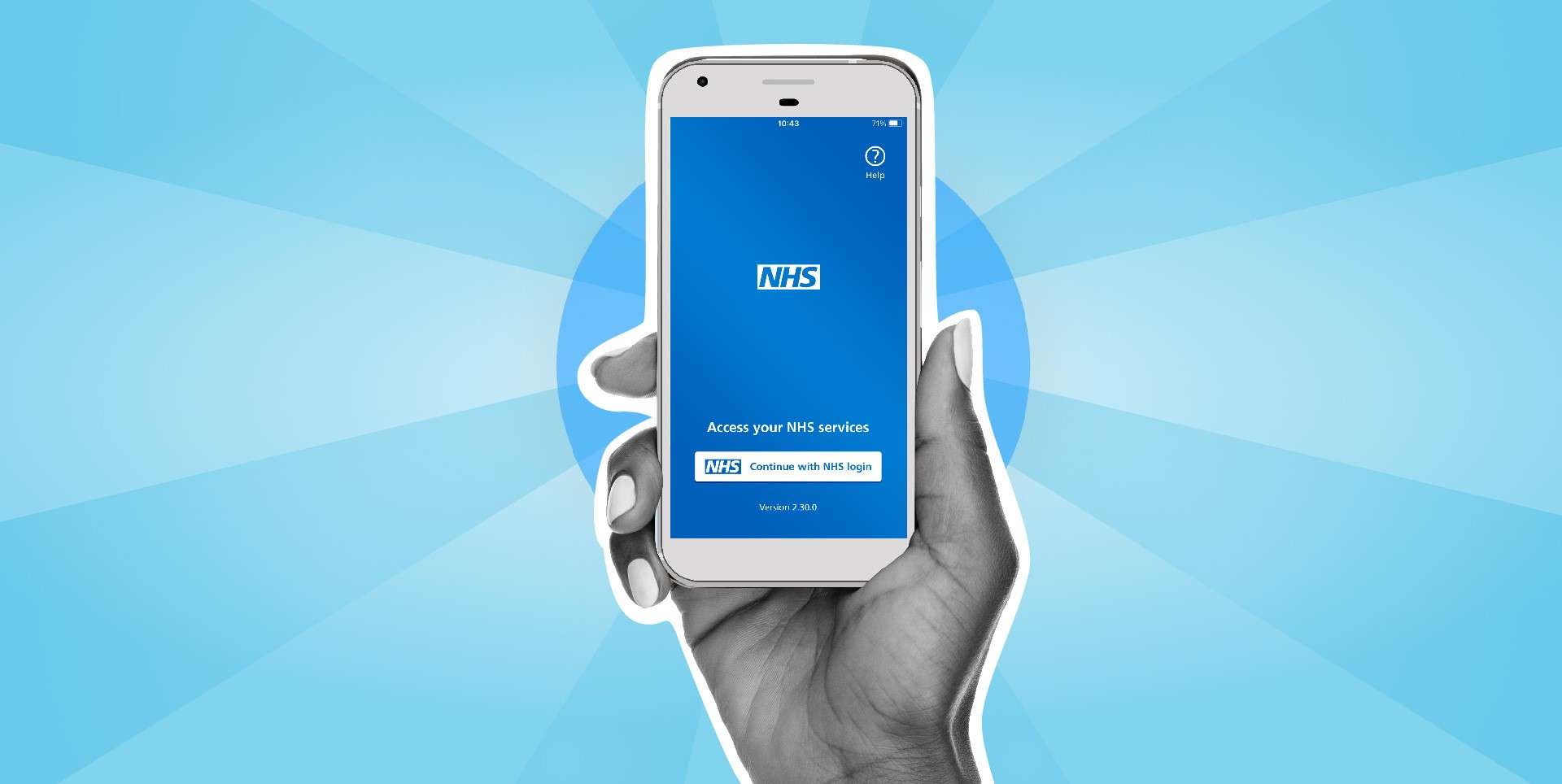Incoming chief of NHSX says an ‘all-singing, all-dancing’ application is not needed
Credit: Pixabay
The incoming chief executive of NHSX has revealed that ongoing development of the NHS app should centre “letting other people innovate” on top of what has already been developed.
Matthew Gould has recently taken up a post as the inaugural chief executive of NHSX, a newly created entity that will oversee the health service’s technology strategy and policy. He dedicated a blog post marking his appointment to his plans for the NHS app, which he claimed “say a lot about what NHSX is trying to achieve and how we intend to operate”.
“I don’t want us to make the NHS App all-singing and all-dancing,” he said. “In fact, I’m not sure we should add many more features than it already has. We will keep the app thin and let others use the platform that we have created to come up with brilliant features on top.”
This will involve opening up APIs for use by third parties, who can then develop specialised apps and services to plug into the underlying platform.
Related content
- Take this tablet – GPs to offer apps on prescription
- ‘Tech transformation is coming’ – Hancock unveils £475m digitisation fund in first speech as health secretary
- Interview: NHS Digital director on ‘the power of technology to transform patient care’
“We can imagine apps that are tailored around a particular long-term condition, for example, or that help the user to book an appointment when their glucose levels are off,” he said. “I want an innovator who can imagine a better experience to manage their diabetes to be able to build that experience, using our APIs.”
NHSX will always maintain responsibility for various core functions, such as users’ data preferences, Gould said. It may also look to either construct or commission certain new elements, such as “platforms that can serve common features across the system”.
But the goal is to give private-sector firms the breathing space needed to develop their own offerings.
“This means a clear approach – creating the platform for digital innovation and creating the standards that will allow that innovation to plug in safely,” the NHSX chief said. “It means not competing against the market and resisting the urge to build or commission everything ourselves.”
In order for this approach to be effective, Gould stressed that “the systems and innovation will only work if they are properly tied in to the wider NHS”.
“One of the early complaints about the NHS App is that its online booking function only gives access to a small number of GP appointment slots,” Gould said. “This isn’t just a digital issue and reinforces my determination that NHSX should work in a thoroughly integrated way with the rest of the system, not as a tech ivory tower.”
According to the NHSX leader, this integration will be helped by the inclusion in the new GP contract of a requirement to make at least 25% of all consultations available for online booking. More than two-thirds of surgeries are already connected to the app and Gould said that NHSX is determined “to get to 100% by July”.
The NHS Long Term plan published earlier this year envisioned the app as a “digital front door” for the entirety of the health service. But Gould’s comments suggest its scope will remain limited to its current set of functions, which focus on patients’ interactions with their GP.
The app, which has been available for download on the Google Play and the Apple app store since December 2018, currently allows users to book and manage GP consultations, order repeat prescriptions, view their medical records, register as an organ donor, and decide whether they allow their data to be used for research.



